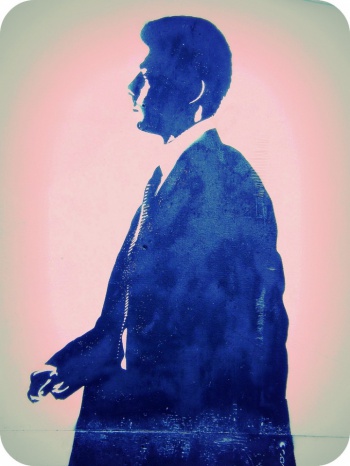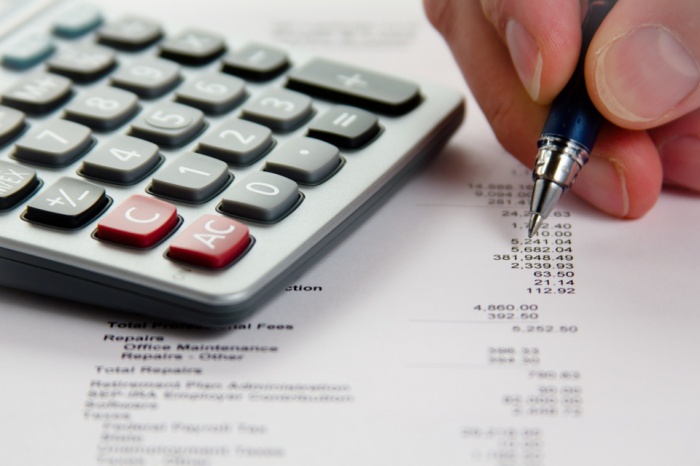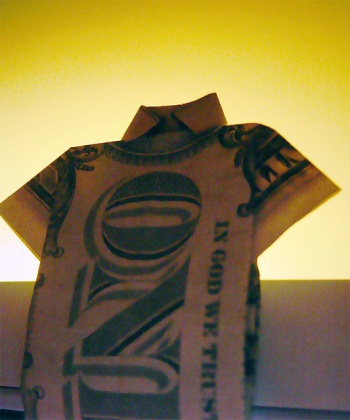
The Rejuvenated Docklands
by UggBoyUggGirl
Throughout our lives, we must often face critical decisions with potentially crucial consequences. Every single one of us has his/her own way to approach such situations. Often it is internet research — through which you can find various useful and detailed strategies for dealing with problems at home, at work, or those that arise in daily interaction with others. Some of us prefer books, manuals, and articles telling us how to behave in difficult situations. No matter what means we choose, however, it’s still experts we rely upon most when the stakes are high. But Noreena Hertz, an influential international economist and the author of “IOU: The Debt Threat”, says that "relying too much on experts can be limiting and even
dangerous.”
Too lazy to think?
 Financial Analysis by Dave Dugdale
Financial Analysis by Dave Dugdale
We generally trust experts for a few reasons. Firstly, we’ve become lazy — not only physically, but also mentally. This is a new kind of laziness, different from just being too lazy to put the garbage out: we’ve become apathetic. Most people don’t try to resolve problems on their own before calling in an expert in the field. Of course, if you have an electricity problem, it would be unsafe not to. But in many ways, we’ve become too dependent on experts and their solutions. We’ve surrendered our responsibility and assuredness.
”In a recent experiment, a group of adults had their brains scanned in the MRI machine. As they were listening to experts speak. As they listened to experts’ voices, the independent thinking parts of their brains switched off,” explains Hertz. We don’t question anything experts proclaim, even though we would often be able to at least help them with their analysis since we are the ones most familiar with our environment, our work, and ourselves.
Not as flawless as it seems
 Extra Cash Origami by OH be
Extra Cash Origami by OH be
Just consider the example of financial advisors, who spend vast amounts of their clients’ money making wrong and risky decisions. And did you know that doctors misdiagnose four out of ten times? This is often just because patients don’t fully tell them what they feel, relying completely on their judgement. We should listen to experts, but this doesn’t mean that we’re not capable of helping them, or even guiding them sometimes.
How to challenge experts
When it comes to your work, if you employ experts, it’s not enough to just let them create some products — you always have to consult with future customers. Co-founder & Director of Mithi Software Technologies, Sunil Uttam, says: “Test in a live situation for a few select customers by interacting with them on a one to one basis and then incorporate it in your product for replication.”
The way to challenge experts so we can really benefit from their advice is to look for all the sources possible, to compare them, and to encourage a competition of opinions — and sometimes just to try to listen to what our own brains say.


